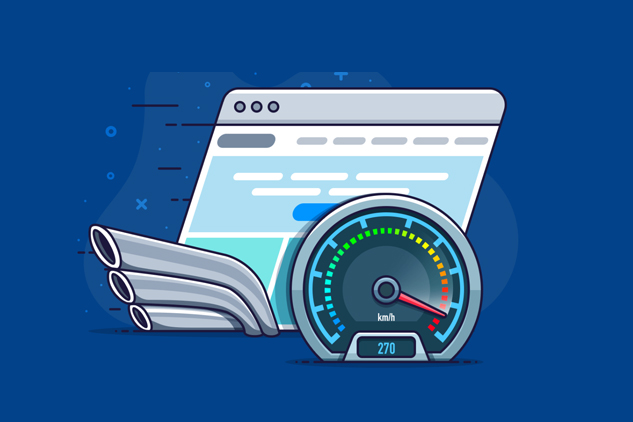A visitor’s first impression of a website and company is influenced by its website speed. By including multiple features, contents, and capabilities, developers and testers work hard to create websites that are both aesthetically beautiful and useful. The performance of the website may suffer if these features or the content are not properly optimized.
Anyone viewing a website cares about how quickly it loads. 47% of individuals, it has been shown, don’t wait more than two seconds for a web page to load.
For e-commerce websites in particular, where each delayed second may cost businesses millions of dollars, speed is an essential component of the customer experience. This article outlines three justifications for the significance of website performance and the necessity of speed optimization.
1. Fast loading times provide a great customer experience
As previously said, a client or visitor expects the website to load rapidly (within 3 seconds) when they access it for the first time. Remember that initial impressions are crucial for online enterprises. On the web, audience perception of a brand is heavily influenced by speed.
It’s natural for people to value speed and professionalism more when evaluating websites. On the other hand, users find a sluggish website to be quite frustrating. Most people leave the site right away and prefer to utilize other, quicker websites to fulfill their needs. Getting rid of that bad image might be quite difficult.
Additionally, according to research by Kissmetrics, 40% of visitors will leave a website entirely if it takes longer than three seconds to load. Thus, a website must load quickly each and every time it is viewed in order to provide an outstanding user experience for first-time visitors.
2. A website’s speed has an impact on its SEO rankings.
Google has been quite explicit about their preoccupation with speed for all web-based products. Matt Cutts, the former leader of Google’s online spam team, has publicly acknowledged that Google gives high load speeds a favorable ranking factor.
Google has nonetheless made it clear that in order to make web pages load quicker, website owners need not sacrifice the quality or relevance of their material.
Therefore, teams must make sure that web pages are sufficiently optimized to load quickly for websites to rank highly on Google. Better rankings result in an increase in organic traffic, which is crucial for businesses.
3. Conversions are impacted by speed
You should be aware that Google penalizes websites with slow page loads. More significantly, when pages take too long to render, users or visitors will stop coming back to such sites or leave. Potential consumers and income are lost as a result.
Particularly in regard to e-commerce websites A delay of one second causes a 7% decrease in conversion. For instance, if an online store generates $50,000 per day, a delay of one second might result in about $1.28 million in missed sales annually.
It is essential for organizations to have a quick website in order to succeed online. A website that loads quickly not only offers an excellent user experience but also aids in leaving a long-lasting favorable impression on visitors.




